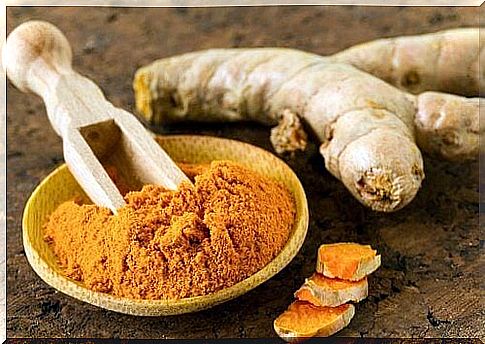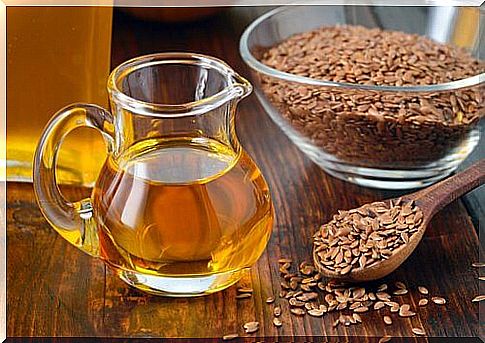Herbal Remedies For The Irritable Bowel
The irritable bowel can become a lifelong companion. Get to know plants that can help!

In this article, we want to tell you more about herbal remedies for irritable bowel syndrome. Often times, these anti-inflammatory agents can help. Irritable bowel syndrome, while not a dangerous disease, is very troublesome.
Perhaps the following herbal remedies can help you relieve symptoms? It’s always worth a try!
Irritable bowel syndrome is not uncommon!
Irritable bowel syndrome is one of the most common diseases of the gastrointestinal tract in Germany. Even if it is rarely discussed, there are certainly people in your circle of acquaintances who also suffer from it.
The causes are varied: psychological causes, disturbed intestinal flora, operations, medication, malnutrition and more. Symptoms of irritable bowel syndrome include abdominal pain, gas, and constipation or diarrhea, often with stress. The disease is very stressful but not dangerous.
IBS sufferers often tend to eat unhealthily. This often leads to malnutrition or malnutrition and to a weakening of the whole body – which is not the fittest anyway due to the effects of irritable bowel syndrome!
It is therefore imperative to seek advice from an expert when diagnosing irritable bowel syndrome.
Nutritionists or ecotrophologists are happy to provide advice and assistance. The health insurance company also pays part of the costs if the doctor has diagnosed irritable bowel syndrome.
The first step should therefore always be the doctor who makes the diagnosis. Herbal remedies should only be used when the diagnosis has been made and are only used for support, not as the sole therapy!

Aloe vera

Aloe Vera is a magic agent against inflammatory skin reactions. Many patients report that their irritable bowel symptoms improved after consuming aloe vera.
It is advisable to always have your own aloe vera plant on the windowsill from which you can harvest fresh leaves. You can cut the gelatinous leaf into cubes and add them to smoothies, for example.
pineapple
The pineapple contains the enzyme bromelain, which soothes inflammation and reduces swelling.
Therefore, this active ingredient is also often recommended after dental or oral surgery interventions. In order to absorb the necessary amount of bromelain, you have to incorporate a lot of pineapple into your diet, but the active ingredient is also available in concentrated form in tablet form.
Some IBS patients react to fruit acids and fiber by making their symptoms worse. In this case, excessive consumption of pineapple should be avoided and the active ingredient bromelain should be tried in tablet form.

turmeric

A spice that is rather uncommon in Germany has an anti-inflammatory effect. It is turmeric, which is also called turmeric or incorrectly saffron root.
You can usually get it ground as an exotic spice, but also as a fresh root in most health food stores.
Turmeric gives food an intense yellow color and is much cheaper than saffron. The taste is mildly spicy, which is why you can use it generously for seasoning. The anti-inflammatory effects in knee arthritis have even been confirmed by studies.
Herbal milk drinks
Avoiding lactose-containing dairy products or dairy products in general could also be a measure for irritable bowel syndrome. Let it test and try it out!
There are now very good and tasty alternatives to cow’s milk. Have you tried rice milk, almond milk, oat milk, macadami milk, cashew milk, spelled milk or soy milk? You are guaranteed to find a product that tastes good and is good for you!

Vegetable fats

Omega 3 fatty acids protect against inflammation and can help to contain it. The “healthy Omega3” is contained in all vegetable oils and improves the flow properties of the blood. It also lowers blood pressure and lipids, which is why it can prevent hardening of the arteries.
Domestic linseed oil has the highest omega3 content (1: 4)! If you don’t like the intense taste, you can also use rapeseed oil (1: 2) (or walnut oil (1: 6) or soybean oil (1: 7)), which are much healthier in their fatty acid proportions than the widely used sunflower oil (1: 122! !!), corn oil (1:54) or peanut oil (1:32) – oils that are often used in gastronomy because they are cheap and highly heatable.








